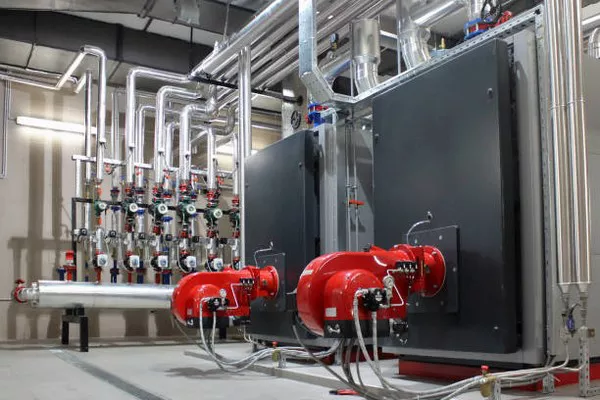Compressors play a vital role in various industries, serving as the workhorses behind numerous processes that require the compression of gases or air. The longevity of a compressor is a critical consideration for businesses aiming to optimize operational efficiency and minimize downtime. In this article, we delve into the factors that influence the lifespan of compressors and explore maintenance practices that can extend their service life.
Understanding Compressor Types
Before delving into the lifespan of compressors, it’s essential to understand the different types commonly used in industrial applications. Reciprocating, rotary screw, and centrifugal compressors are among the most prevalent.
Reciprocating compressors feature pistons that move back and forth within cylinders, creating compression through a cyclic process. Rotary screw compressors, on the other hand, utilize helical screws to compress air, while centrifugal compressors employ the principle of centrifugal force to achieve compression.
The Lifespan of Compressors
The lifespan of a compressor can vary significantly based on factors such as design, operating conditions, and maintenance practices. On average, well-maintained compressors can last anywhere from 10 to 15 years. However, this is a general estimate, and deviations occur due to specific circumstances.
Factors Influencing Lifespan
1. Design and Quality:
The design and build quality of a compressor play a pivotal role in determining its lifespan. Compressors manufactured with high-quality materials and precision engineering are likely to have a longer operational life. Investing in reputable brands known for their durable products can be a strategic decision to ensure a reliable and extended service life.
2. Operating Conditions:
The environment in which a compressor operates significantly impacts its longevity. Factors such as temperature, humidity, and airborne contaminants can affect the internal components of a compressor. Regular exposure to harsh conditions may accelerate wear and tear, reducing the overall lifespan. Adequate ventilation, temperature control, and air filtration systems can contribute to a healthier operating environment.
3. Load and Duty Cycle:
Compressors are designed to operate within specific load ranges and duty cycles. Running a compressor beyond its recommended capacity or subjecting it to frequent starts and stops can lead to premature wear. Understanding and adhering to the manufacturer’s guidelines regarding load and duty cycle can help maximize the compressor’s lifespan.
4. Maintenance Practices:
Regular and proactive maintenance is perhaps the most influential factor in determining the longevity of a compressor. Neglecting maintenance tasks, such as changing filters, inspecting belts, and monitoring lubrication levels, can lead to the accumulation of debris and wear on critical components. Routine inspections and timely repairs can identify potential issues before they escalate, ensuring the compressor operates at peak efficiency.
5. Lubrication:
Proper lubrication is essential for the smooth operation of a compressor. Inadequate or irregular lubrication can result in increased friction and heat, leading to premature wear and potential breakdowns. Following the manufacturer’s recommendations for lubricant type and changing intervals is crucial for maintaining optimal performance and extending the compressor’s lifespan.
Maintenance Practices to Extend Lifespan
Regular Inspections: Conduct routine inspections to identify and address potential issues before they escalate. This includes checking for leaks, inspecting hoses and connections, and ensuring proper lubrication.
Scheduled Maintenance: Adhere to a scheduled maintenance program that includes tasks such as filter replacements, lubrication checks, and overall system assessments. Regular maintenance helps prevent unexpected breakdowns and ensures the compressor operates efficiently.
Proper Installation: Ensure that compressors are installed correctly, considering factors such as proper ventilation, stable foundations, and adequate space for maintenance activities. Proper installation contributes to optimal performance and longevity.
Training and Operator Awareness: Provide comprehensive training to operators on the correct usage and maintenance of compressors. Operator awareness can prevent unnecessary strain on the equipment and contribute to its overall lifespan.
See Also What Does A Compressor Do In HVAC
Conclusion
In conclusion, the lifespan of a compressor is influenced by various factors, ranging from design and operating conditions to maintenance practices. While the average lifespan falls within the 10 to 15-year range, proactive measures such as regular inspections, scheduled maintenance, and adherence to operational guidelines can extend the service life of compressors. Investing in high-quality equipment and implementing proper installation procedures contribute to reliable and efficient compressor performance, ultimately benefiting the overall productivity of industrial operations.

